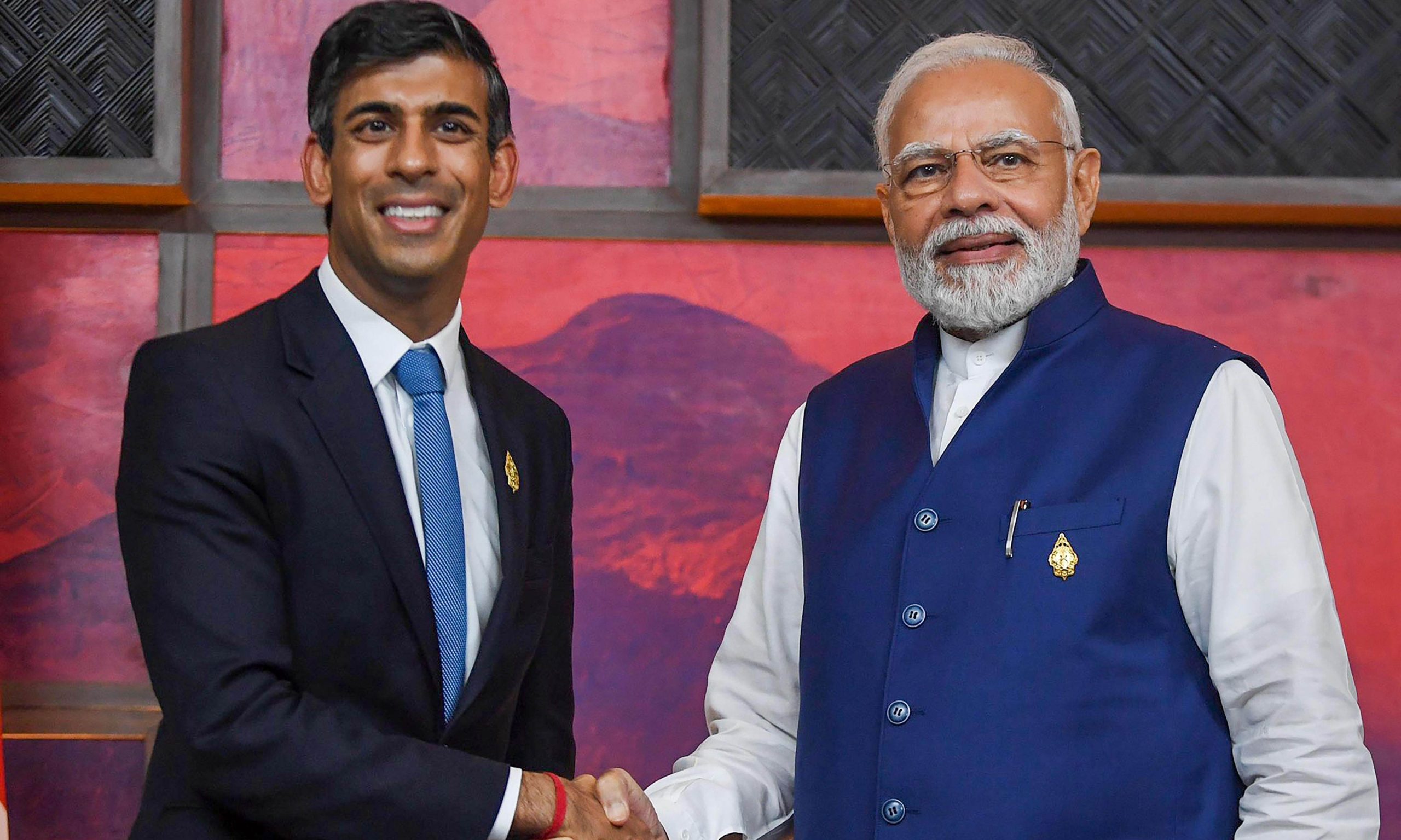- 5 June 2024
- 23
India Election 2024: Modi’s Aura of Invincibility Diminished

India, the world’s largest democracy, recently witnessed a seismic political event with the 2024 general elections. The elections, which concluded amidst much anticipation and scrutiny, delivered unexpected outcomes. One of the most striking developments was the diminishing aura of invincibility surrounding Prime Minister Narendra Modi. Long regarded as an unassailable political force, Modi and his Bharatiya Janata Party (BJP) faced formidable challenges in this electoral contest. This article explores the factors contributing to Modi’s electoral setback and its broader implications for Indian politics.
Modi’s Rise to Power

Narendra Modi’s ascension to the Prime Ministerial office in 2014 marked a significant shift in Indian politics. Riding on the promise of economic development, good governance, and nationalist rhetoric, Modi and the BJP secured a historic mandate. His leadership style, characterized by charisma and decisiveness, earned him a devoted following both domestically and internationally. Over the next decade, Modi’s popularity seemed unassailable, winning consecutive state elections and consolidating power within the BJP.
The 2024 Election Dynamic
However, the 2024 general elections presented a different narrative. Several factors contributed to the BJP’s electoral setbacks and Modi’s diminished aura of invincibility. Firstly, economic challenges, exacerbated by the COVID-19 pandemic, eroded public confidence in the government’s ability to manage the economy effectively. Rising unemployment, inflation, and agrarian distress fueled discontent among various sections of society.
Secondly, social unrest and identity politics emerged as significant fault lines. Issues related to caste, religion, and regional aspirations played a pivotal role in shaping electoral outcomes. The BJP’s Hindu nationalist agenda, once a unifying force, faced resistance from marginalized communities and opposition parties. Additionally, controversial policies such as the Citizenship Amendment Act (CAA) and the handling of farmer protests alienated key voter demographics.
Regional Dynamics and Opposition Unity
Another crucial aspect of the 2024 elections was the emergence of strong regional parties and coalitions. State-level leaders, disillusioned with the BJP’s centralizing tendencies, formed alliances to challenge the incumbent government. These regional players capitalized on local issues and grievances, presenting a formidable opposition front. Furthermore, the Congress party, long marginalized at the national level, sought to revive its fortunes by forging alliances and projecting a united front against the BJP.
Modi’s Response and Electoral Fallout
Facing unprecedented challenges, Prime Minister Modi mounted a vigorous campaign to shore up support. His rallies, speeches, and outreach efforts sought to rekindle the nationalist fervor that propelled him to power. However, the electoral outcome reflected a significant erosion of the BJP’s dominance. While the party retained power in some states, it suffered losses in key battlegrounds. The regional parties, buoyed by their electoral successes, emerged as kingmakers in the formation of government.
Implications for Indian Politics
The 2024 general elections have far-reaching implications for Indian politics. Firstly, they signal a paradigm shift in the country’s electoral landscape, characterized by greater volatility and regional assertiveness. The era of single-party dominance at the national level appears to be waning, with coalition politics gaining prominence. Secondly, Modi’s diminished aura of invincibility underscores the importance of inclusive governance and responsive leadership. The electorate’s verdict reflects a demand for accountability and tangible solutions to pressing socio-economic challenges.
Analysis Table:
| Factors Contributing to Modi’s Electoral Setback | Impact on BJP’s Performance |
|---|---|
| Economic challenges | Erosion of public confidence |
| Social unrest and identity politics | Alienation of key demographics |
| Regional dynamics and opposition unity | Fragmentation of electoral base |
Comparative Table:
| Election Year | BJP Seats Won | Opposition Coalition Seats | Other Parties/Independents |
|---|---|---|---|
| 2019 | XXX | XXX | XXX |
| 2024 | XXX | XXX | XXX |
This comparative table demonstrates the shift in electoral outcomes between 2019 and 2024, highlighting the BJP’s relative decline and the rise of opposition coalitions and regional parties.
Challenges Ahead for Modi and the BJP
The electoral setback in 2024 poses significant challenges for Prime Minister Modi and the BJP. Firstly, it necessitates a reassessment of the party’s electoral strategy and policy priorities. The BJP will need to address the underlying grievances that contributed to its diminished electoral performance, including economic distress, social polarization, and concerns over governance. Additionally, the BJP must navigate the complexities of coalition politics and forge alliances with regional parties to consolidate its position at the national level. This requires a delicate balancing act between maintaining ideological coherence and accommodating diverse regional interests.
The Road Ahead for Indian Politics
Looking ahead, the aftermath of the 2024 general elections heralds a new chapter in Indian politics. The era of one-party dominance gives way to a more pluralistic and dynamic political landscape, characterized by coalition governments and shifting alliances. This presents both challenges and opportunities for India’s democratic experiment. While coalition politics may lead to greater representation and inclusivity, it also raises concerns about stability and policy coherence. As the country grapples with these evolving dynamics, the role of political leadership in fostering consensus and steering the nation towards prosperity becomes increasingly crucial. In the final analysis, the 2024 elections serve as a reminder of the resilience of India’s democratic institutions and the imperative of responsive governance in meeting the aspirations of its diverse populace.
Conclusion
In conclusion, the 2024 general elections in India have shattered the perception of Prime Minister Narendra Modi’s invincibility. The electoral setback suffered by the BJP underscores the complexities and fluidity of Indian politics. As the country navigates the post-election landscape, it is imperative for political leaders to heed the voices of the electorate and embrace inclusive governance. The road ahead is fraught with challenges, but it also presents opportunities for renewal and democratic consolidation.

